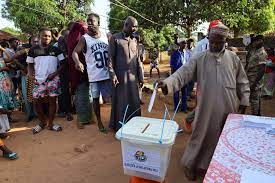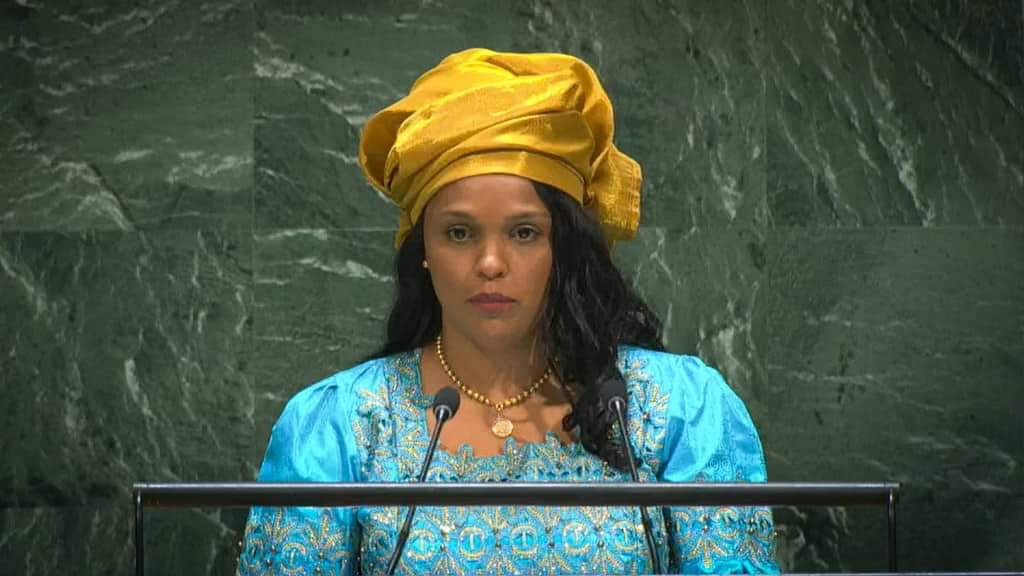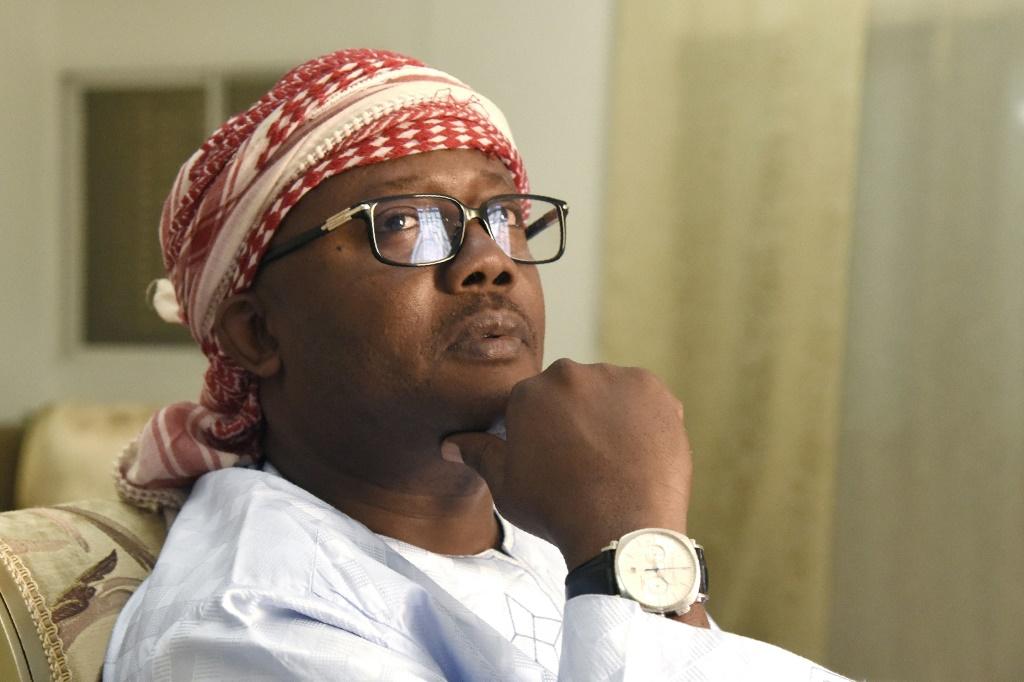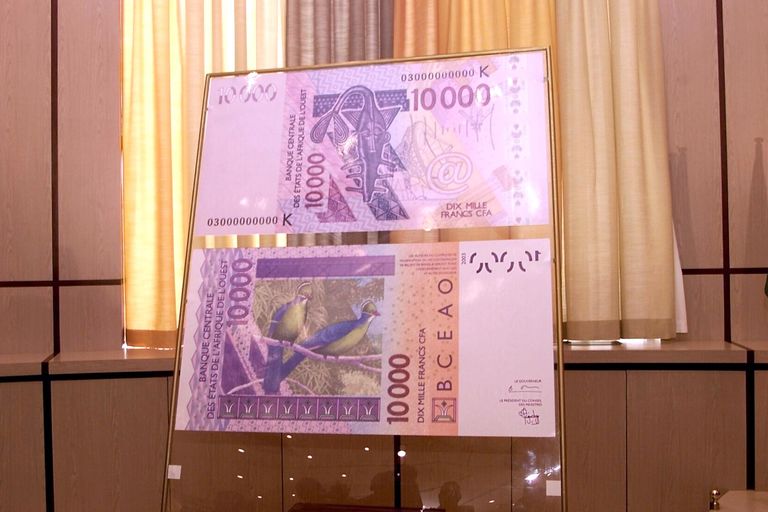The PAI Terra Ranka coalition of five opposition groups, led by the African Party for the Independence of Guinea and Cape Verde, has won Guinea-Bissau’s parliamentary elections, securing a majority of seats in parliament.
The legislative elections were the first since President Umaro Sissoco Embalo dissolved the National People’s Assembly more than a year ago. The five-party PAI Terra Ranka coalition took 54 of the 102 seats, ahead of President Embalo’s Movement for Democratic Alternation that came second with 29 seats, according to provisional results released by the National Electoral Commission on Thursday (8 June). The Party for Social Renewal (PRS) came third winning 12 seats, the Workers’ Party gleaned six seats and the Assembly of the People United got one seat. Some 900,000 voters were called to the polls to elect new members of parliament for a five-year term. The vote was conducted peacefully under the supervision of 230 international observers.
Under the current political system, the majority party or coalition appoints the government, but the president has the power to dismiss it in certain circumstances, which has led to political deadlock and infighting in the past. The tiny West African state has also faced chronic instability in the shape of repeated coups and contested election results. But the recent ballot was described by international monitors as “free, transparent and calm”.
The outcome is a blow for the outgoing president, who took office in 2020, because it spells the end of his plans to push through a constitutional change that would have allowed him to consolidate power by ridding the country of its semi-presidential system.



